Geography and the Environment
Research
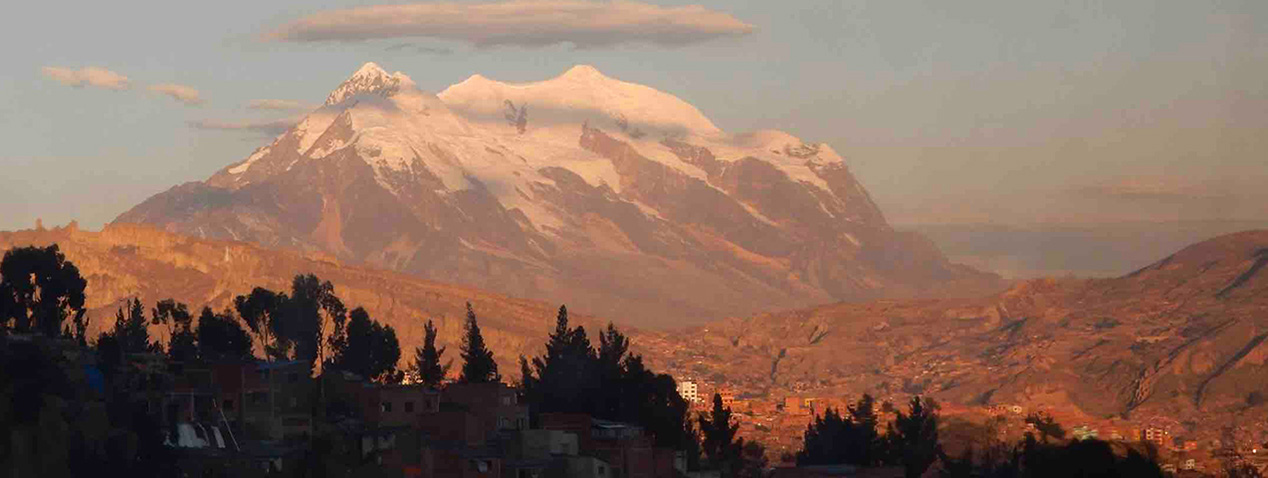
Community Geography
Through Syracuse Community Geography, students with interests in urban geography, urban studies, community-based research or community organizing have opportunities to work on participatory research projects with local, regional or international community organizations.
Research includes GIS mapping and spatial analyses to provide fresh perspectives on social issues, creating the Onondaga Lake Digital Atlas Project and examining historical geographies of memory and community.
Environment and Society
We view environment-society relations dialectically and focus on the social relations of power through which particular forms of nature are produced and governed. We share a commitment to critical scholarship and social justice and value empirical (often field-based) investigation, as well as critical social theory.
Environment-society scholarship at Syracuse University encompasses the fields of political ecology, political economy of nature, environmental history, energy and natural resources, environmental governance, environmental justice, water resources, animal geographies, hazards and social vulnerability, development and livelihoods, and the human dimensions of environmental change.
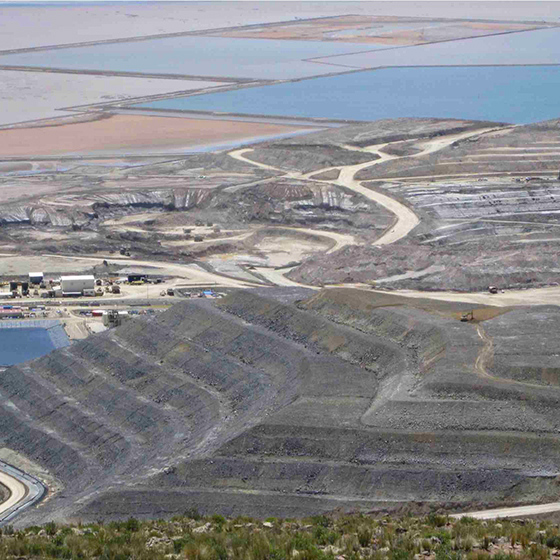
GIS and Geospatial Technology
From space, air or ground, geographers use an array of technologies to map and understand our world. Research in this cluster encompasses a range of principles, procedures and equipment for collecting, analyzing, visualizing and disseminating information
about the earth, its inhabitants and its physical processes.
Among its more prominent components are the GPS (global positioning system) for collecting coordinate data and facilitating navigation; RS (remote sensing) for the rapid collection of information about land cover and other earth features; and GIS (geographic information systems) for the storage, retrieval, display and analysis of spatial data.
State-of-the-Art Facilities
As an R1-designated research university, Syracuse University offers cutting edge technology and laboratory facilities to support faculty and student research. Geography and the environment students enjoy access to specialized facilities including:
- Community geography lab
- Geographic information analysis lab
- Soils, geomorphology and biogeography lab
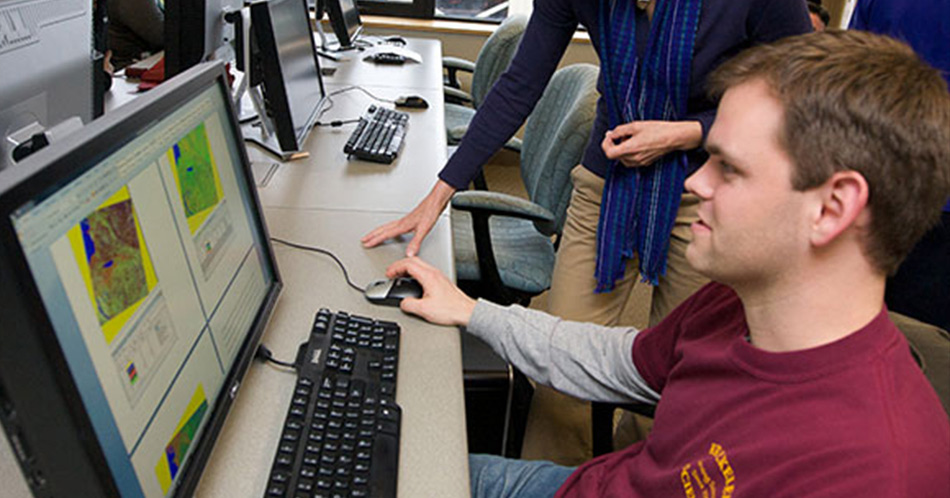

Historical Geography and GeoHumanities
This research area links our department’s longstanding expertise in historical geography with the growing interdisciplinary field of the geohumanities. The geohumanities include, or connect with, recent developments such as historical GIS, digital humanities, spatial history, and the environmental humanities.
Faculty members in this research area share a commitment to examining the formation of cultural landscapes, the meanings and emotions people experience in them, and subjective responses to place. Our faculty employ qualitative methods, including archival research, field studies and oral histories, as well as digital tools such as historical GIS. To help interpret sources, faculty members draw on relevant historiography and critical social theory.
Physical Geography, Environmental Science and Landscape Processes
Physical geographers seek to identify and understand processes occurring between the natural components of earth’s system, such as the atmosphere, hydrosphere, lithosphere and the biosphere. The focus is primarily the earth that humans inhabit. Therefore, physical geographers also examine human modification of the natural processes that constitute the earth system.
Faculty members conduct research in four principle areas: (1) climate modeling and climate change-related extreme weather events; (2) fluvial and hillslope geomorphology, including soil erosion, sediment transport and biogeomorphic interactions; (3) habitat disturbance in riparian and forest ecosystems; and (4) land use modification in urban settings and its impacts on climate processes and human response. Field areas for research include Alaska, Arizona, California and New York state, as well as China.
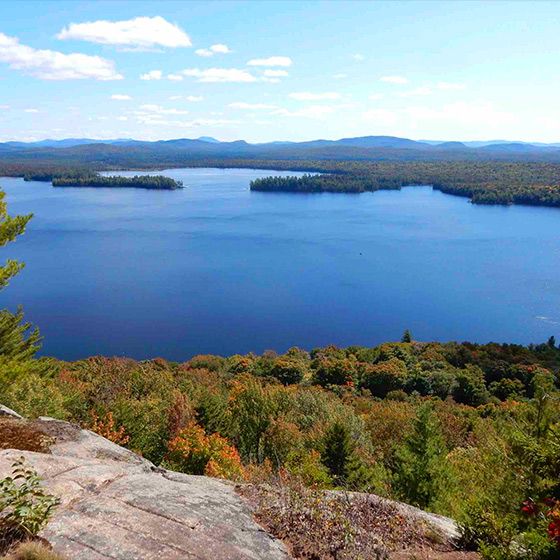

Political Economy
Global capitalism is based on international flows of capital, labor and commodities. For example, everyday struggles over global trade agreements, national labor laws, urban occupations of public space, and 'unpaid' work in the household shape the places and spaces where we live and work.
The political economy specialization adopts Marxian, post-structural, feminist and institutional approaches to the restructuring of capitalism at multiples scales. We examine shifting patterns of production, employment and accumulation in a range of industries and value chains, including the automobile, energy and agro-chemical industries, as well as international trade and development.
Political Geography, Citizenship and Development
Political geographers at Syracuse are interested in the multiple scaled practices of citizenship, development and governance. We examine the complex and often contradictory processes through which flows of capital, people and knowledge are constituted, disseminated and challenged and the historical and geographical contexts within which places and subjects are imagined and transformed.
We pay particular attention to the inequalities created by these flows and, in turn, how they structure and are structured by global space. In attending to issues of social justice, much of our research considers spaces and places that have been historically marginalized or subject to control within national and international systems, as well as how individuals resist or rework these power relations.
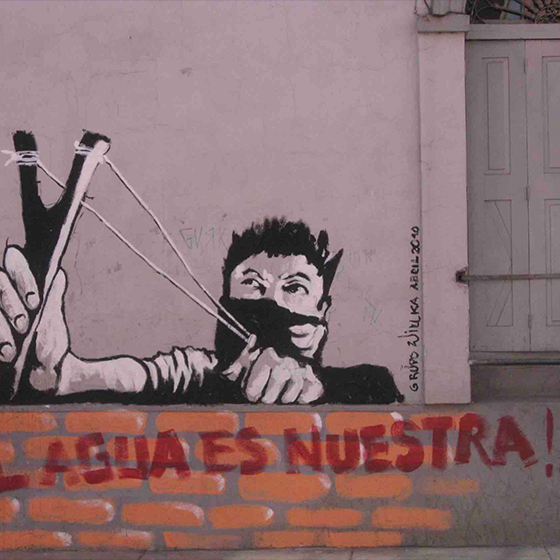
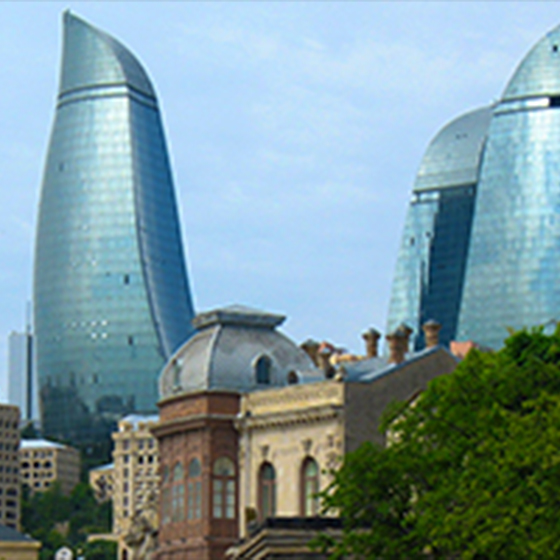
Urban Space, Justice and Culture
Urban geographers examine urban landscapes, politics and processes in the context of broader struggles for racial and gender equality, social justice, and political and cultural transformations. We draw on a variety of methodological and theoretical perspectives to interrogate the production of urban spaces and experiences.
With connections to historical, feminist, cultural, political and Marxist geographies, urban geographers in this cluster pay particular attention to the ways that gender, class, race/ethnicity and religion are drawn into the creation and negotiation of the urban built environment and social fabric.
Recent Geography and the Environment Research
Research
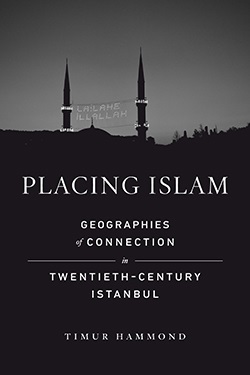
Mar 20, 2023
Research

Feb 2, 2023

